Stanford University
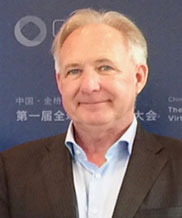
Conference Co-Chair
Behavioral Neuroscientist
Stanford University
Walter Greenleaf is a neuroscientist and a medical technology developer working at Stanford University. With over three decades of research and development experience, Walter is considered a leading authority in the field of digital medicine and medical virtual reality technology.
Research Focus:
Walter’s current research focus is on developing computer supported clinical products, with a specific emphasis on applying virtual reality and digital health technology to address difficult problems in behavioral and physical medicine such as Post-traumatic Stress, Anxiety Disorders, Depression, Traumatic Brain Injury and Stroke, Addictions, and Autism Spectrum Disorder.
His early research was on age-related changes in the neuroendocrine system and the effects on human behavior.
Academic Positions:
Walter is currently a Distinguished Visiting Scholar at Stanford University’s MediaX Program, a Visiting Scholar at Stanford University’s Virtual Human Interaction Lab, and the Director of Technology Strategy at the University of Colorado National Mental Health Innovation Center. He previously served as the Director of the Mind Division, Stanford Center on Longevity, where his focus was on age-related changes in cognition.
Medical Product Development:
Walter has designed and developed numerous clinical systems over the last thirty-five years, including products in the fields of: surgical simulation, 3D medical visualization, telerehabilitation, clinical informatics, clinical decision support, point-of-care clinical data collection, ergonomic evaluation technology, automatic sleep-staging systems, psychophysiological assessment, and simulation-assisted rehabilitation technologies, as well as digital eHealth products for behavioral medicine.
Academic Leadership:
Walter is the Co-founder and Board Chair for the International Virtual Reality Health Association (IVRHA).
He helped establish the California State University Center for Disability Solutions and the International Society of Virtual Rehabilitation (ISVR). Walter is a scientific advisor and grant reviewer for the U.S. Public Health Service, National Science Foundation (NSF), National Institutes of Health (NIH), Canada Foundation for Innovation (CFI), NASA, and the U.S. Department of Education (DoED). He has served as the Principal Investigator for research projects funded by the NIH and by NASA.
Corporate Management:
Walter founded and served as CEO for Greenleaf Medical Systems, a medical product development company; InWorld Solutions, a company specializing in the therapeutic use of virtual worlds for behavioral health care; and Virtually Better, a company that develops virtual environments for the treatment of phobias, anxiety disorders, and PTSD. Walter was the founding Chief Science Officer for Pear Therapeutics.
Academic Journals:
Walter is an Associate Editor for three academic journals: JMIR Mental Health, the Journal of Virtual Reality in Medicine, and Cyberpsychology, Behavior, and Social Networking.
Current Board Positions:
Walter serves on the Board of Directors for Brainstorm: The Stanford Laboratory for Brain Health Innovation and Entrepreneurship; for Cognitive Leap, a company that develops mental health solutions for children; and for Sine Wave, the developer of Sine Space, a multi-user online Unity 3D-based virtual world platform. He is currently the technology and neuroscience advisor to several early-stage medical product companies.
Walter earned a Doctorate in Neuro and Bio-Behavioral Sciences from the Stanford University School of Medicine, where he was awarded a NIMH Graduate Fellowship.
University of Central Florida
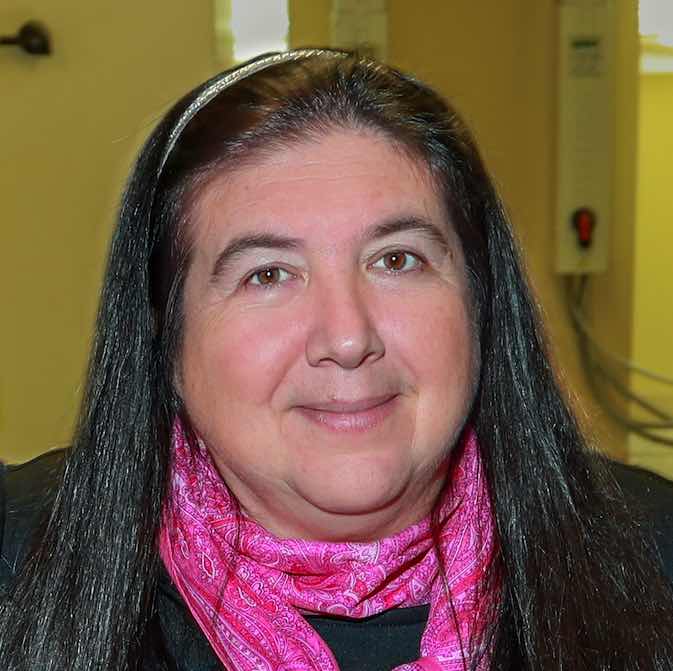
Dr. Carolina Cruz-Neira, a member of the National Academy of Engineering, is a pioneer in the areas of virtual reality and interactive visualization, having created and deployed a variety of technologies that have become standard tools in industry, government, and academia. She is known world-wide for being the creator of the CAVE virtual reality system. She has dedicated a part of her career to transfer research results into daily use by spearheading several Open-Source initiatives, such as VRJuggler, to disseminate and grow VR technologies and by leading entrepreneurial initiatives to commercialize research results. She has over 100 publications as scientific articles, book chapters, magazine editorials and others. She has been awarded over $75 million in grants, contracts, and donations. She is also recognized for having founded and led very successful virtual reality research centers: the Virtual Reality Applications Center at Iowa State University, the Louisiana Immersive Technologies Enterprise, and the Emerging Analytics Center at the University of Arkansas at Little Rock. She serves in many international technology boards, government technology advisory committees, and outside the lab, she enjoys extrapolating her technology research with the arts and the humanities through forward-looking public performances and installations. She has been named one of the top innovators in virtual reality and one of the top three greatest women visionaries in virtual reality. BusinessWeek magazine identified her as a “rising research star” in the next generation of computer science pioneers; she has been inducted as a member of the National Academy of Engineering, a member of the IEEE Virtual Reality Academy, an IEEE Fellow, and an ACM Computer Pioneer; She has received the IEEE Virtual Reality Technical Achievement Award and the Distinguished Career Award from the International Digital Media & Arts Society among other national and international recognitions. She had given numerous keynote addresses and has been the guest of several governments to advise on how virtual reality technology can help to give industries a competitive edge leading to regional economic growth. She has appeared in numerous national and international TV shows and podcasts as an expert on her discipline and several documentaries have been produced about her life and career. Currently, Dr. Cruz is the Agere Chair in Computer Science at the University of Central Florida.
Motlow State Community College
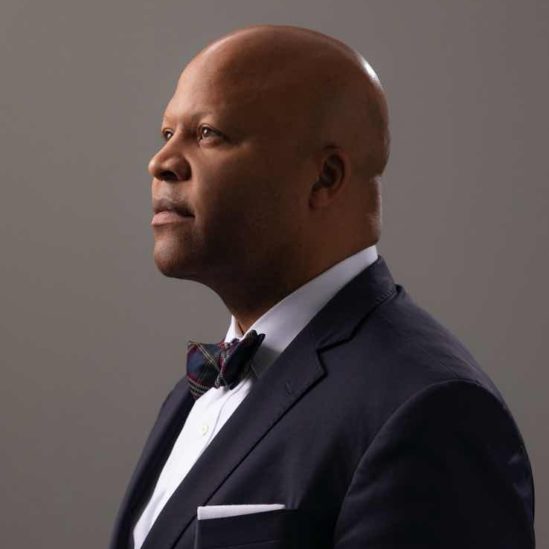
President
Motlow State Community College
Dr. Michael Torrence is the president of Motlow State Community College. The college has campuses in Smyrna, Sparta, Tullahoma, McMinnville and Fayetteville, Tennessee. He has spent his career embracing the use of technological literacy as a platform to increase student access, engagement and success. He has served as the Co-Chairperson for TNeCampus, a Tennessee Board of Regents statewide team leader for the integration of Emerging Technology and Mobilization in the areas of Gaming, VR, AR, and MR into teaching and learning. He has trained faculty, students, executives, and community members and developed immersive curriculum focused on STEAMB (Science, Technology, Engineering, Art/Aviation, Mathematics, and Business focused on Entrepreneurship) for all grade levels and utilized these platforms teaching undergraduate and graduate students in his own classes where VR and entrepreneurship is a norm. Currently, he is researching and developing a platform for OER through support of Hewlett-Packard and the Bill and Melinda Gates Foundation in addition to meeting workforce needs through traditional and emerging needs, such as, AI, and Voice Technology, Mechatronics, Allied Health, Vision System, and the Automation Robotics Training Center. He earned a doctor of philosophy degree, with a major in exceptional learning, at Tennessee Tech University, and master of arts and bachelor of arts degrees at South Dakota State University, both with a major in English. Michael is a veteran of the U.S. Air Force, serving as a senior airman from 1992 to 1996.
OpenBCI
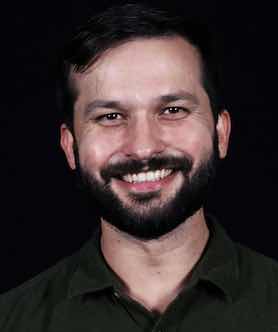
Drawing on experience in sales, marketing, and consulting, Joseph is responsible for guiding OpenBCI's commercialization and communication strategies. Prior to joining OpenBCI full-time, Joseph managed OpenBCI's digital marketing as a consultant while working in the US and EMEA at market-leading companies such as Salesforce, AppNexus, and WPP. After returning from living in London, Joseph briefly coordinated a series of art and music events in NYC. He has a B.A. in Political Science from Columbia University.
Santa Clara University
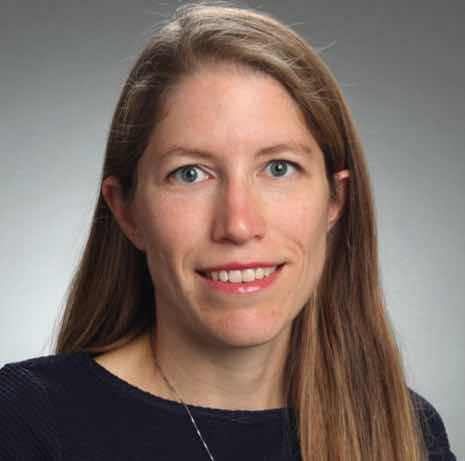
Dr. Julia A. Scott is director of the Brain and Memory Care Lab at Santa Clara University. The research program partners with external stakeholders--companies, clinicians, community organizations--to co-design healthcare innovation projects for numerous disciplines, from public health to engineering. The primary technologies engaged are in non-invasive brain sensing and stimulation in application to cognitive decline or impairment and neurobehavioral conditions. Successful integration of EEG derived signals into virtual reality (VR) experiences has seeded ongoing development of VR biofeedback applications that enhance the sense of presence and train self-regulatory skills.
Julia Scott, PhD received her training in neuroscience at University of California campuses (Davis, San Diego, and San Francisco). She has published widely on normal and abnormal neurodevelopment as well as brain aging in the characterization of longitudinal change models and neuroimaging markers. She has taught a range of courses in Biology and Bioengineering, including physiology, neural engineering and medical imaging.
Mass General Brigham
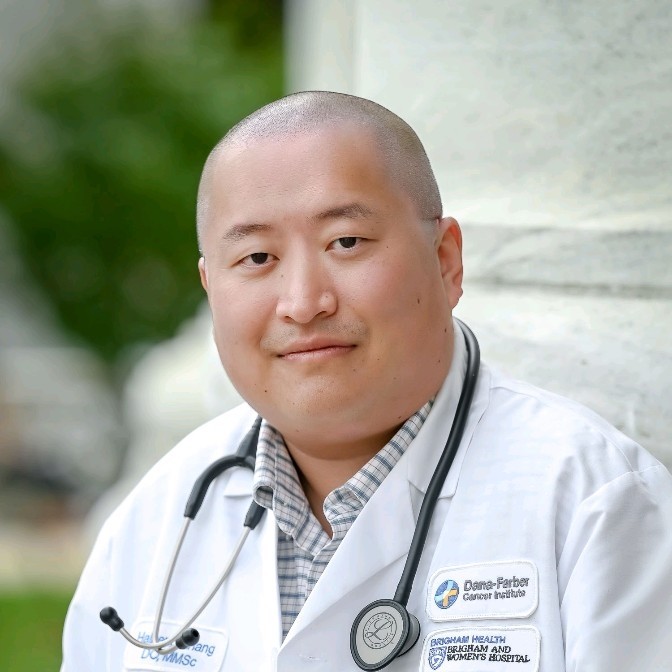
Haipeng (Mark) Zhang D.O. is the Medical Director of the Brigham Digital Innovation Hub, as well as of Digital Health Implementation at Brigham and Women’s Hospital. Zhang also holds the position of Associate Program Director of the Clinical Informatics and Innovation Fellowship at Partners Healthcare and a Palliative Care consultant at Dana Farber Cancer Institute.
Zhang completed an Internal Medicine residency and a chief year at Allegheny General Hospital. He is a graduate of the Harvard Interprofessional Palliative Care Fellowship, the first graduate of the Clinical Informatics and Innovation fellowship at Partners Healthcare, and completed a Masters Medical Science in Biomedical Informatics at Harvard Medical School.
Throughout his career, Mark has held an interest in leveraging technology to improve clinical medicine. He is the founder and co-creator of Palliative Care Fast Facts for iOS and Android mobile applications. This application is one of the most widely used mobile reference applications in palliative care in the world. He is the co-founder of Cake, a venture backed company focused on advance care planning.
He also founded and was the first president of AMIA Clinical Informatics Fellows (ACIF), the national organization for clinical informatics fellows.
University of Massachusetts Lowell
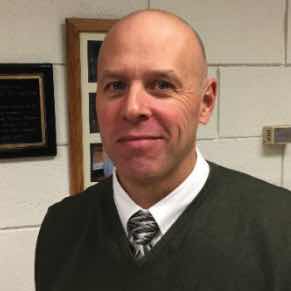
Following several years working as a lead clinician for the Department of Veteran Affairs, Dr. Hallbourg joined the University of Massachusetts Lowell, Department of Physical Therapy and Kinesiology in 2004 to serve as its
Director of Clinical Education. In 2018 Dr. Hallbourg became the College of Heath Sciences first full clinical professor. His current teaching responsibilities span all three cohorts of the Doctor of Physical Therapy program, from early foundational clinical skills to professional capstone. He also serves as the DPT program’s graduate admissions coordinator. His primary research agenda focuses on simulation in physical therapy education with recent investigations examining the impact of the use of standardized
patients and virtual reality.
HirLan
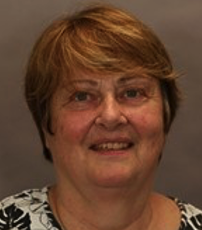
Virginia started in the medical research field as a Coordinator of Research at the Clinical Research Unit Kennedy Institute of Johns Hopkins Medical Center. She was responsible for the initiation, coordination, and management and/or analysis of research projects in the Clinical Research Unit. These projects were funded by various Federal Government Agencies. Subsequent to Johns Hopkins Medical Center, Virginia entered the field of Human Factors through the doctoral program at SUNY Binghamton. Virginia held a fellowship at the Aeromedical Research Laboratory of the United States Air Force at Wright-Patterson AFB, Dayton, Ohio and a fellowship at NASA. Her research dealt with cognitive factors that differentially affect the characteristics of visual displays. Applications of this research are directly related to various medical devices and software applications providing Medical Device Human Factors by HirLan clients with 30 years of Human Factors experience.
In addition, Virginia has extensive experience in the areas of product design, Customer Centered Participatory Design processes, and product lifecycle management. She is also known in the Human Computer Interaction and Usability Communities for her innovative techniques for collecting and incorporating user/customer feedback throughout the product lifecycle. In July 2014, Virginia founded and established the HirLan Institute of Human Factors with labs in Carlsbad, California and a Consortium arrangement in London, UK. HirLan supports Top Ten pharma/medical device companies, as well as, start-ups with consulting and testing services. These services are in conjunction with their clients’ FDA 510(k) and CE mark applications.
Virginia holds a PhD in Cognitive-Experimental Psychology from SUNY Binghamton, and a Master of Science (ABT) in Applied Technology, Systems Science from SUNY Binghamton.
University of Central Florida

Gregory Welch is a Pegasus Professor, the AdventHealth Endowed Chair in Healthcare Simulation, and co-director of the Synthetic Reality Lab at the UCF Institute for Simulation & Training. A computer scientist and engineer, he also has appointments in the College of Engineering and Computer Science and in the Institute for Simulation & Training and is a member of UCF’s Learning Sciences Faculty Research Cluster. Welch’s research interests include human-computer interaction, human motion tracking, virtual and augmented reality, computer graphics and vision, and training-related applications. He has co-authored more than 140 publications in these areas, and his work has resulted in 18 patents to-date, including 10 at UCF. The simulation and modeling expert has received several awards for his contributions to the field, and has shared his expertise in numerous workshops and seminars and on numerous international program committees. Prior to joining UCF, Welch was a research professor at the University of North Carolina. He also worked at NASA’s Jet Propulsion Laboratory and at Northrop-Grumman’s Defense Systems Division.
Digidrub
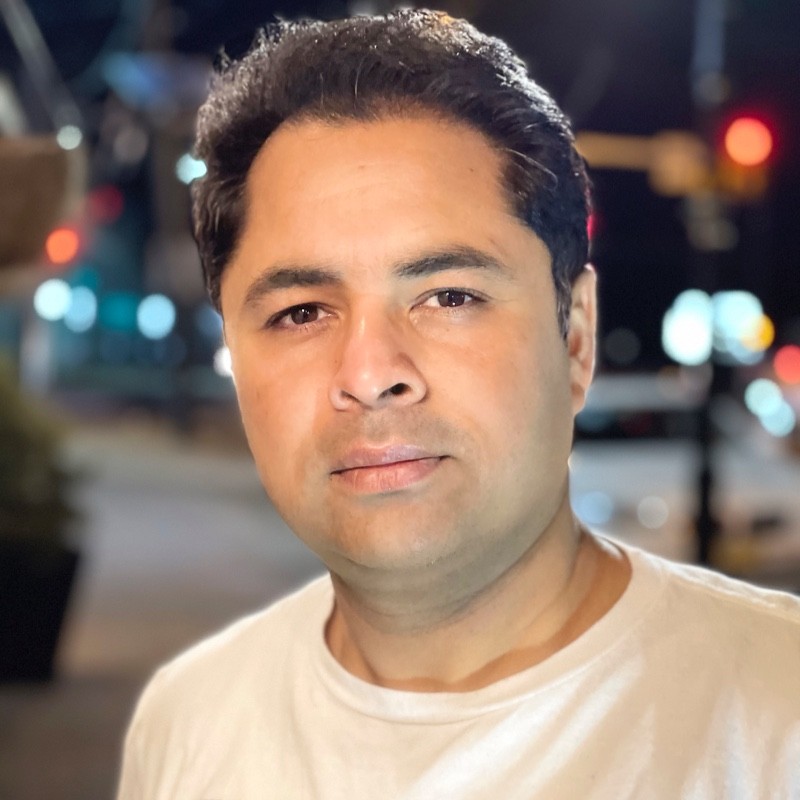
Aninda is an American Business Awardee ; Aninda has led multiple publicly traded global corporations, and recipient of independent awards. Aninda had co-founded two other technology firms.
An alumnus of Chicago Booth School of Business, ICFAI and Transworld University (ally of Harvard Business School).
He is also a passionate film maker and a music producer.
Virginia Commonwealth University
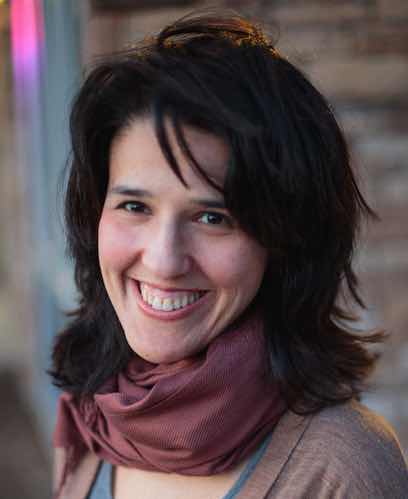
Dr. Trost is a clinical health psychologist and associate professor in the VCU Department of Physical Medicine and Rehabilitation, where she leads an innovative research program focusing on adapting virtual reality and gaming technologies to address pain and rehabilitation. She also focuses on cognitive, affective, and behavioral factors that may contribute to development of chronic pain/disability or facilitate positive adjustment following physical injury. Her work has received national and international research support, including funding from the American Pain Society, International Association for the Study of Pain, National Institutes of Health, Craig H. Neilsen Foundation, and Department of Defense.
IOPEX

As a Simulation & Experimentation Project Manager, I leverage more than 20 years of experience designing, implementing, and analyzing simulation experiments to improve mission-critical operations. I excel when leading cross-functional teams of engineers, developers, and analysts to help customers better understand and improve their tactics and procedures. I’m able to apply broad expertise across experiment design, integration and testing, execution, and analysis to develop and deliver SIMEXs for a wide range of customers and scenarios.
Areas of Expertise include Simulation Experimentation (SIMEX), Project Management, Analysis, Design, Systems Integration, Customer Service, Customer Relations, Communication, and Presentation.
Penumbra

Brendon Hale, Ph.D. is the Vice President, Health and Market Outcomes Research for Penumbra Inc. In his current role he is responsible for ensuring that clinical and market research support strategic immersive healthcare product development. He does this by partnering with academic and industry leaders to ensure the evidence generated with digital technologies and therapies support full spectrum healthcare. Previously he led the Digital Therapeutics (DTx) research team at OptumLabs where he was responsible for developing research and product roadmaps which supported optimizing use of DTx technologies and devices in healthcare. His academic background is in Human Performance and Neuroscience. He has applied this expertise to lead the development of national health and wellness programs, to design science-based behavior change approaches for use in DTx, and to develop patented personalization algorithms for use in immersive healthcare. All of his efforts are directed to ensuring that DTx technologies are adopted in healthcare and that these technologies provide value to patients, caregivers, providers, hospital systems, and learning organizations.
Virginia Commonwealth University
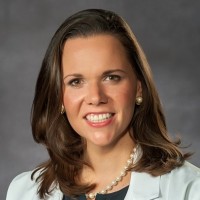
Dr. Siff graduated from the Virginia Commonwealth University School of Medicine in 2010. She works in Richmond, VA and 4 other locations and specializes in Gynecology, Obstetrics & Gynecology, Urology and Urogynecology.
Bongiovi Medical and Health Technologies
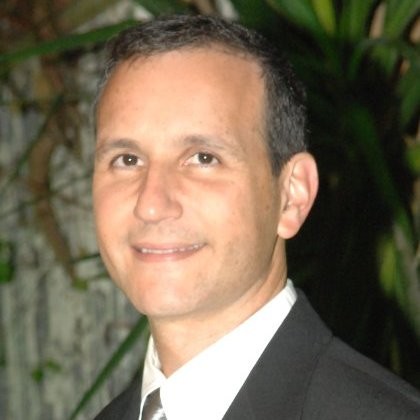
Finnegan
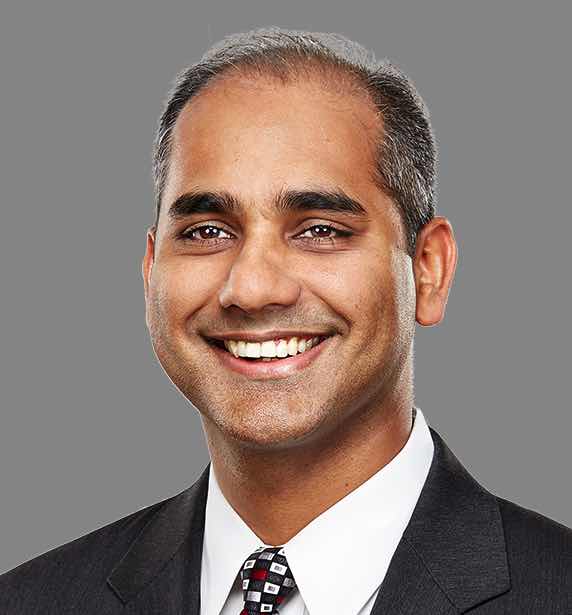
Karthik Kumar, Ph.D., is a partner in the Washington, DC office of Finnegan, an international intellectual property law firm. Karthik serves as co-leader of the firm’s augmented reality/virtual reality (AR/VR) industry working group and focuses on complex intellectual property litigation and strategic counseling related to emerging technologies. His litigation practice emphasizes competitor disputes before U.S. district courts and the U.S. International Trade Commission (ITC). Karthik also manages the global patent portfolios of several multi-national technology companies. His technical experience spans several industries including AR/VR, artificial intelligence (AI) and machine learning (ML), blockchain, Internet-of-Things (IoT), and 5G technologies.
Virginia Commonwealth University

Dr. Thomas, director of the Motor Control Lab at VCU, has been a licensed physical therapist for 37 years with over 15 years of clinical experience specializing in orthopedics and low back pain. Over the past 22 years, he has melded his clinical experiences and knowledge with his training in neuroscience to advance understanding on trunk control and low back pain. Dr Thomas takes a multi-track approach understanding trunk control. This approach includes: 1) the development of novel virtual reality assessment and treatment tools for a variety of orthopedic and neurologic impairments, 2) developing techniques to elucidate neural control of trunk movement and 3) using randomized clinical trials to assess the effectiveness of classic and novel treatments for low back pain. In addition to numerous invited presentations, Dr. Thomas has presented his novel virtual reality interventions as a keynote speaker for the Italian Society of Movement in 2018 as well as at Wayne State University Research day in 2020. He has a strong record of extramural funding and has been funded by the NIH since 2004. The MCL at VCU is a state-of-the-art facility providing graduate students a unique opportunity to learn how to collect, analyze, and publish kinematic, kinetic, and electrophysiologic data on participants with and without orthopedic and neurologic impairments.
Virginia Commonwealth University

Virginia Commonwealth University
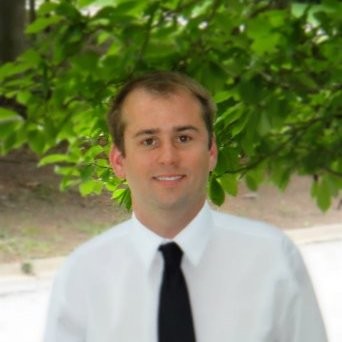
Experienced entrepreneur with broad business, engineering and scientific training. Core focus on developing hardware to meet new market needs as well as building cross functional teams around solving unique problems.
IVRHA

Executive Director and Founder
IVRHA
Robert is the Executive Director and Founder of IVRHA (International Virtual Reality and Healthcare Association).
In 2009, Robert started Cool Blue Media by organizing the first social media conference on the east coast of the United States, leading to the publication of the text book, "The Big Book of Social Media Case Studies, Stories and Perspectives" and shortly thereafter the only printed magazine covering social media, The Social Media Monthly. In May 2016, he launched VRVoice.co, a content vertical exploring virtual reality in the enterprise. In 2017, Robert started the largest annual conference on virtual reality and healthcare with events taking place both in the US and Europe.
Prior to 2009, Robert was the Senior Director of Global Strategy and Development of IT at Conservation International (CI). Robert joined CI in 2000 to take responsibility for connecting all of CI’s forty field offices to the Internet with broadband connectivity. During his 10 year tenure, he built an international staff of 25 IT professionals.
Robert has over ten years of additional work experience as a systems and sales engineer with various companies including CMGI, Hughes Network Systems, ioWave and Raytheon. Robert has a bachelor’s degree in mechanical engineering from Villanova University, a master’s degree in environmental science and public policy from Johns Hopkins University, and is ABD at George Mason University.
Westham Tavern (inside the Omni Hotel)
100 South 12th Street
Richmond, VA 23219

Dr. James Thomas
with Dr. Zina Trost, Dr. Nicholas Thomson and Dr. Lauren Ziff
NOTE: If you are having trouble finding a hotel, please reach out to us on the messenger in the corner.
Graduate Richmond
Quirk Hotel Richmond
The Jefferson Hotel
Linden Row Inn
Holiday Inn Express Richmond - Downtown
* Please Note: All presentation slots purchased online through the ticketing system will be fully vetted by the conference organizers. If the presenter and content are deemed not appropriate for the purpose of the conference, the conference organizers reserve the right to cancel the presentation with a full refund. Please reach out with any questions.
If you have questions about tickets, sponsorship or anything else related to the event, please feel free to email us at support@ivrha.org or call us at +1-202-684-6207.
About IVRHA
The International Virtual Reality and Healthcare Association (IVRHA) is a member driven organization comprised of entities throughout the healthcare ecosystem, including technology companies, teaching hospitals and universities, as well as healthcare providers and insurance companies. IVRHA’s mission is to facilitate and support the growth of the virtual reality in health and life sciences. Visit: https://ivrha.org/
COVID-19 Statement
The conference will follow local guidelines as stipulated by the City of Richmond, VA and Virginia Commonwealth University as it relates to the management of COVID-19.
Send this to a friend
